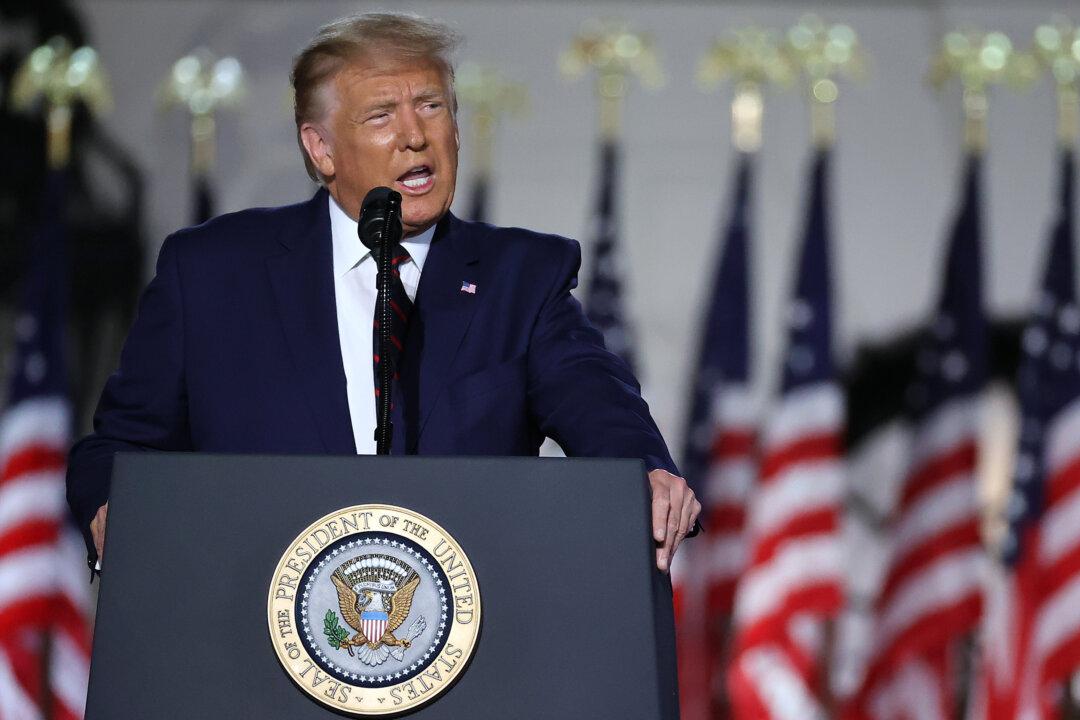A new study shows that nearly 12 percent of Republican voters fall into the “shy voter” category, meaning they would be reluctant to disclose to pollsters their true preferences for who they would vote for in the presidential election and supporting the view that polls may not capture the full extent of support for President Donald Trump.
CloudResearch, an online market research and data collection company, found that 11.7 percent of Republicans and 10.5 percent of independents said they would not report their true opinions about their preferred presidential candidate in polls conducted by telephone. This contrasts with 5.4 percent of Democrats who would do so, making them more than twice as likely as Republicans to disclose their true preferences and giving weight to arguments that polls may undercount support for the incumbent.





